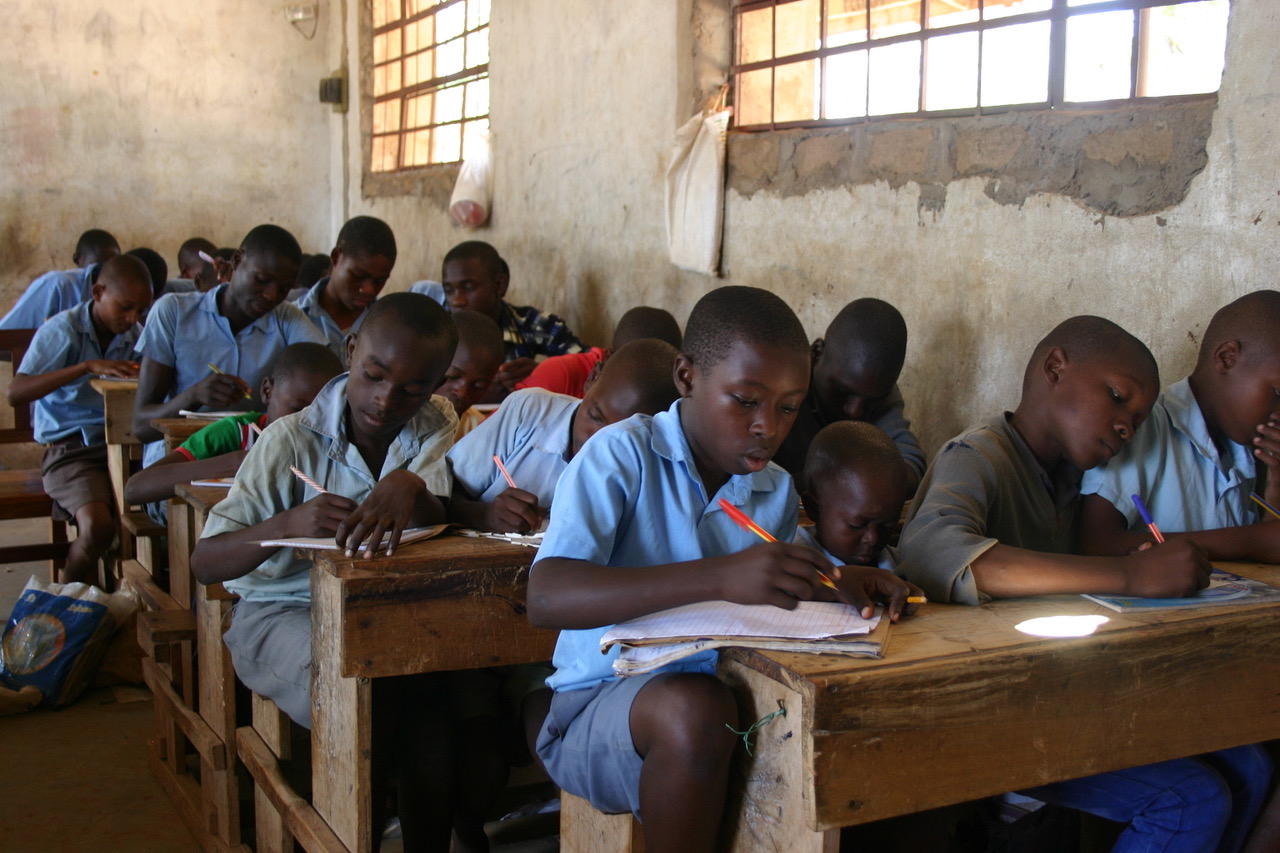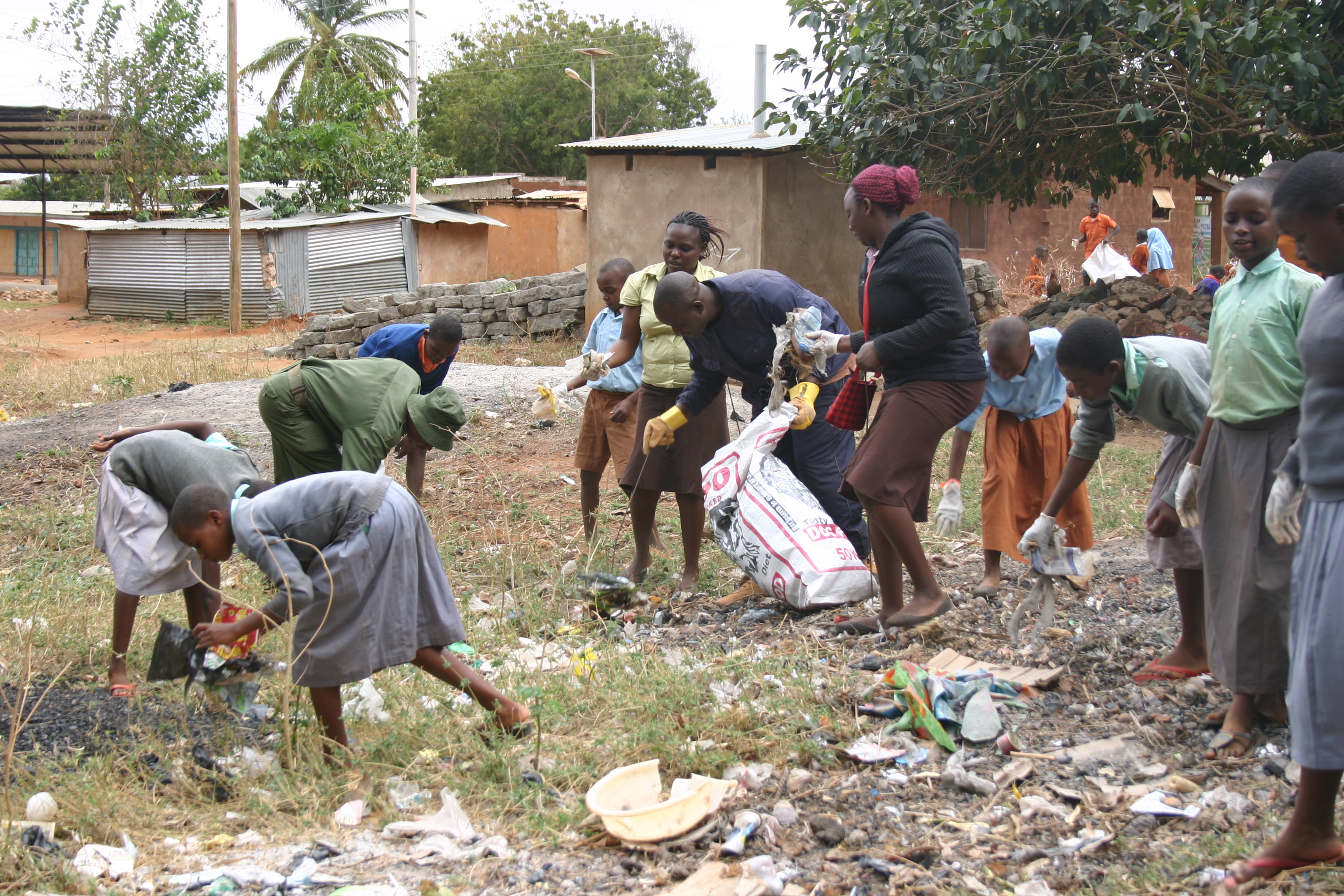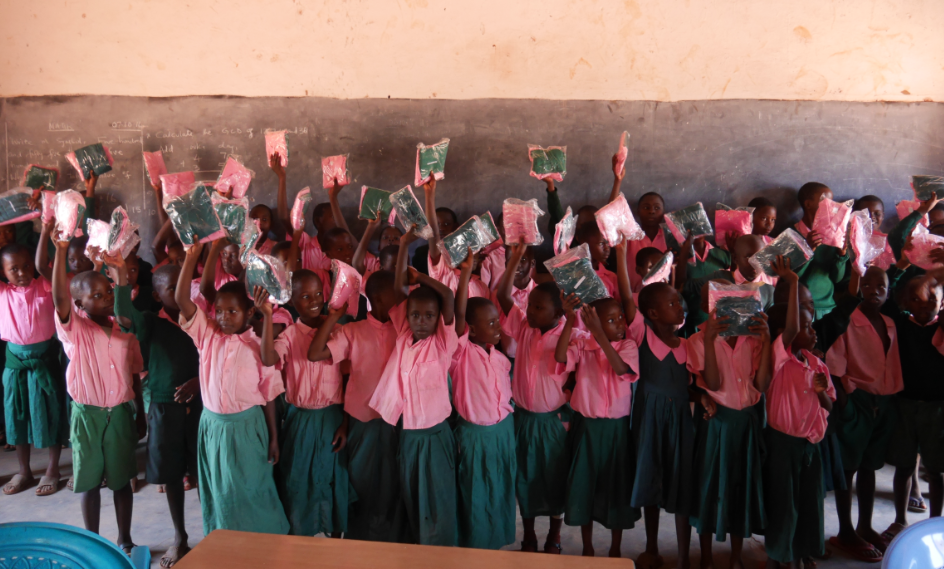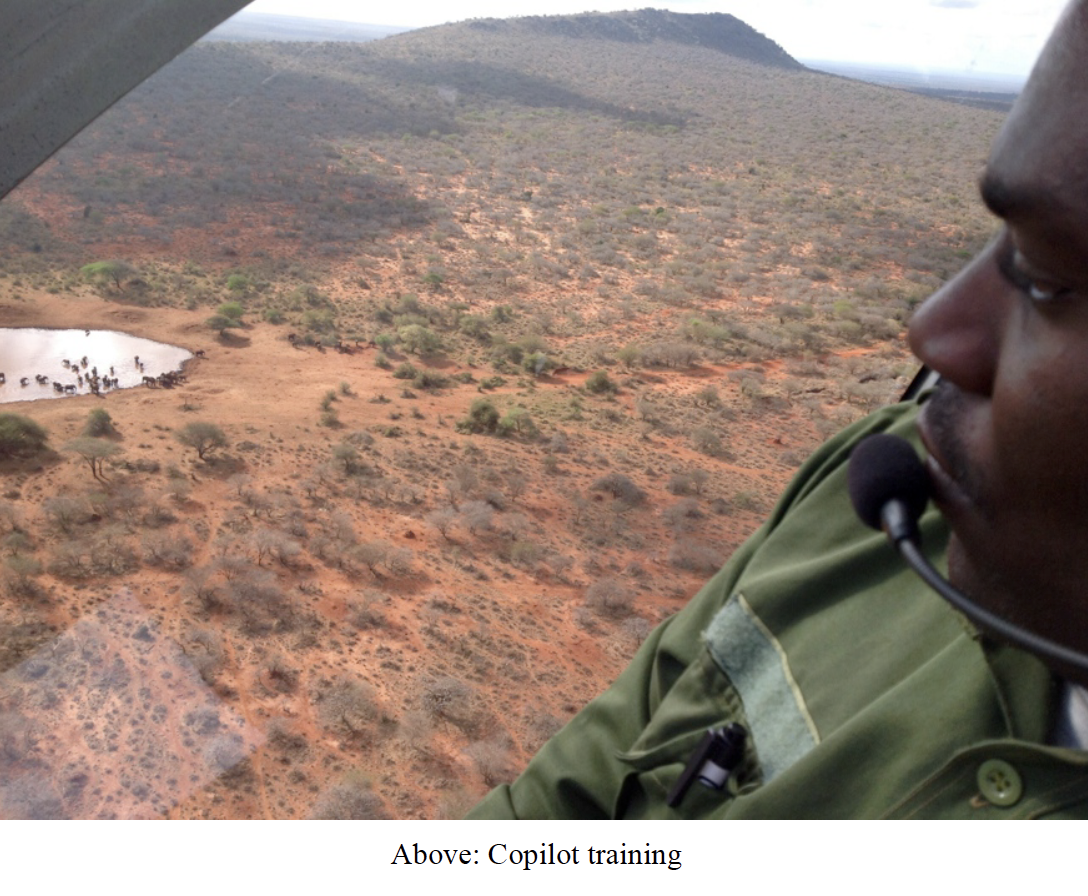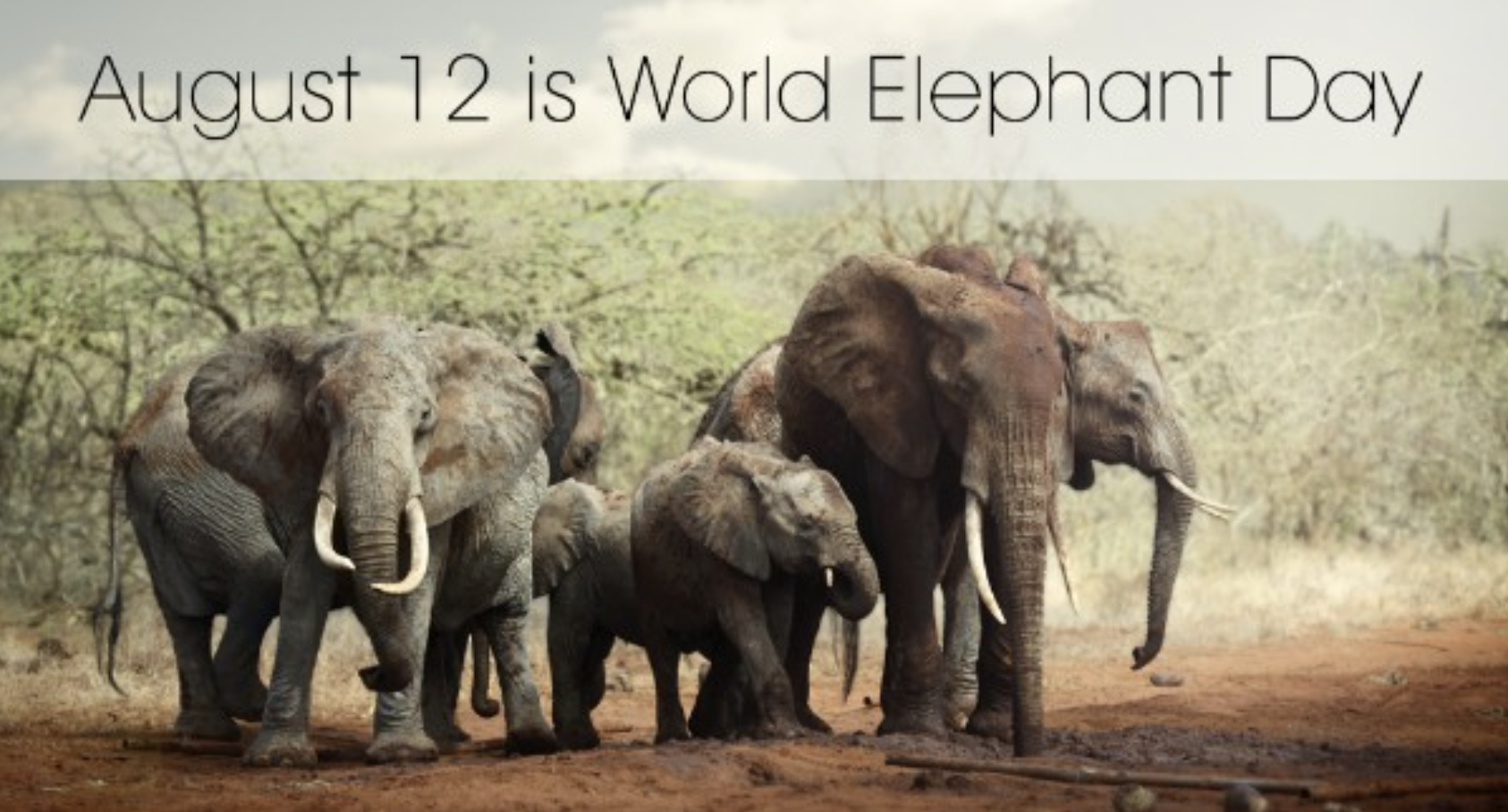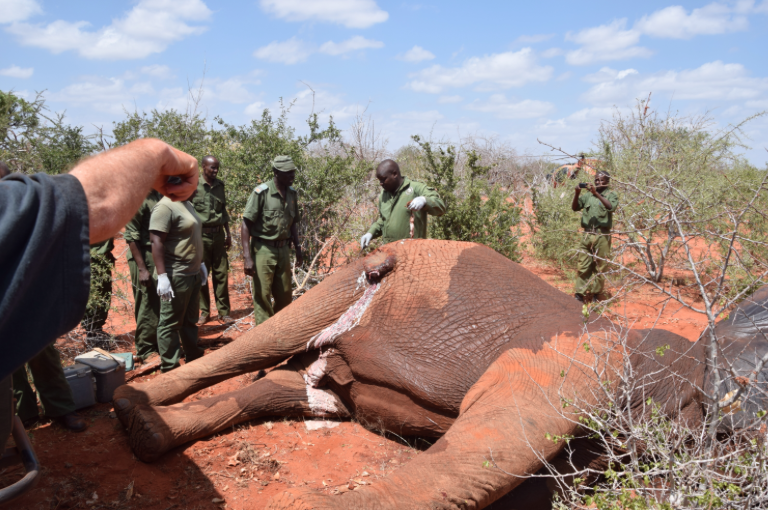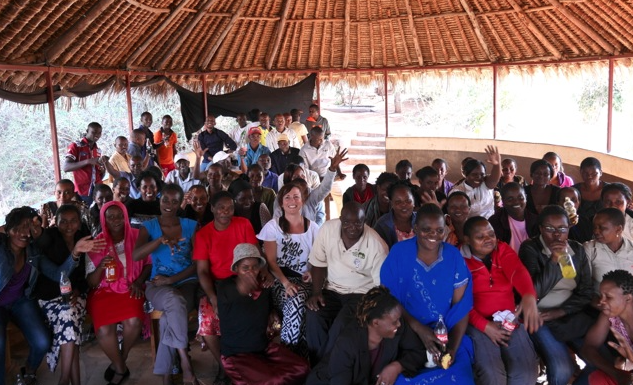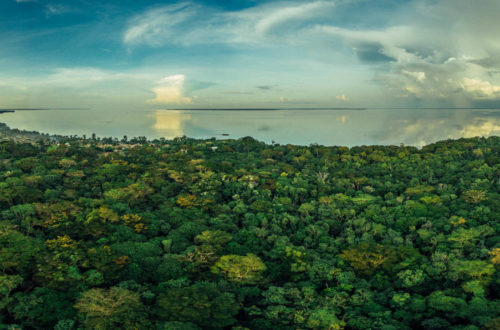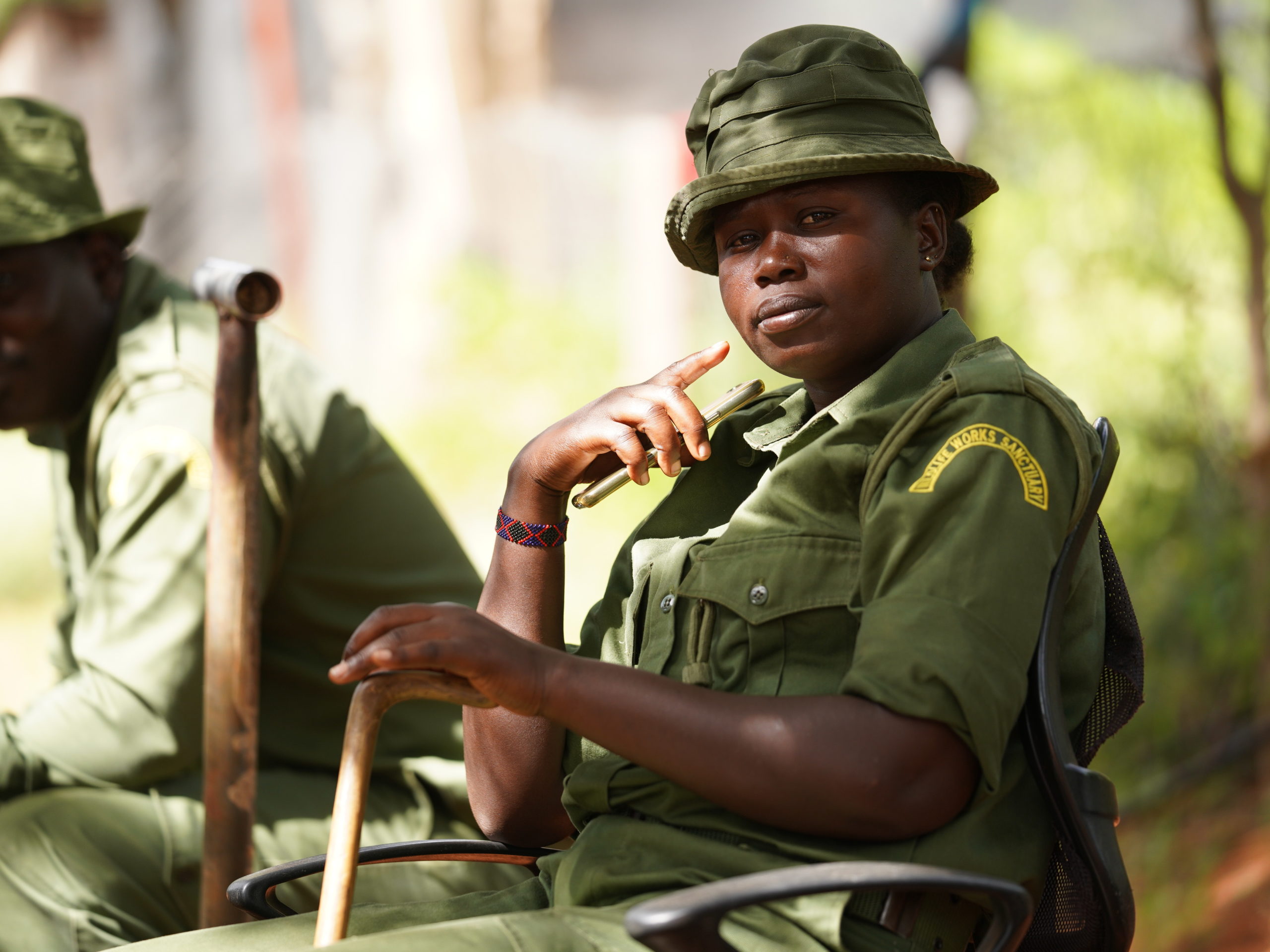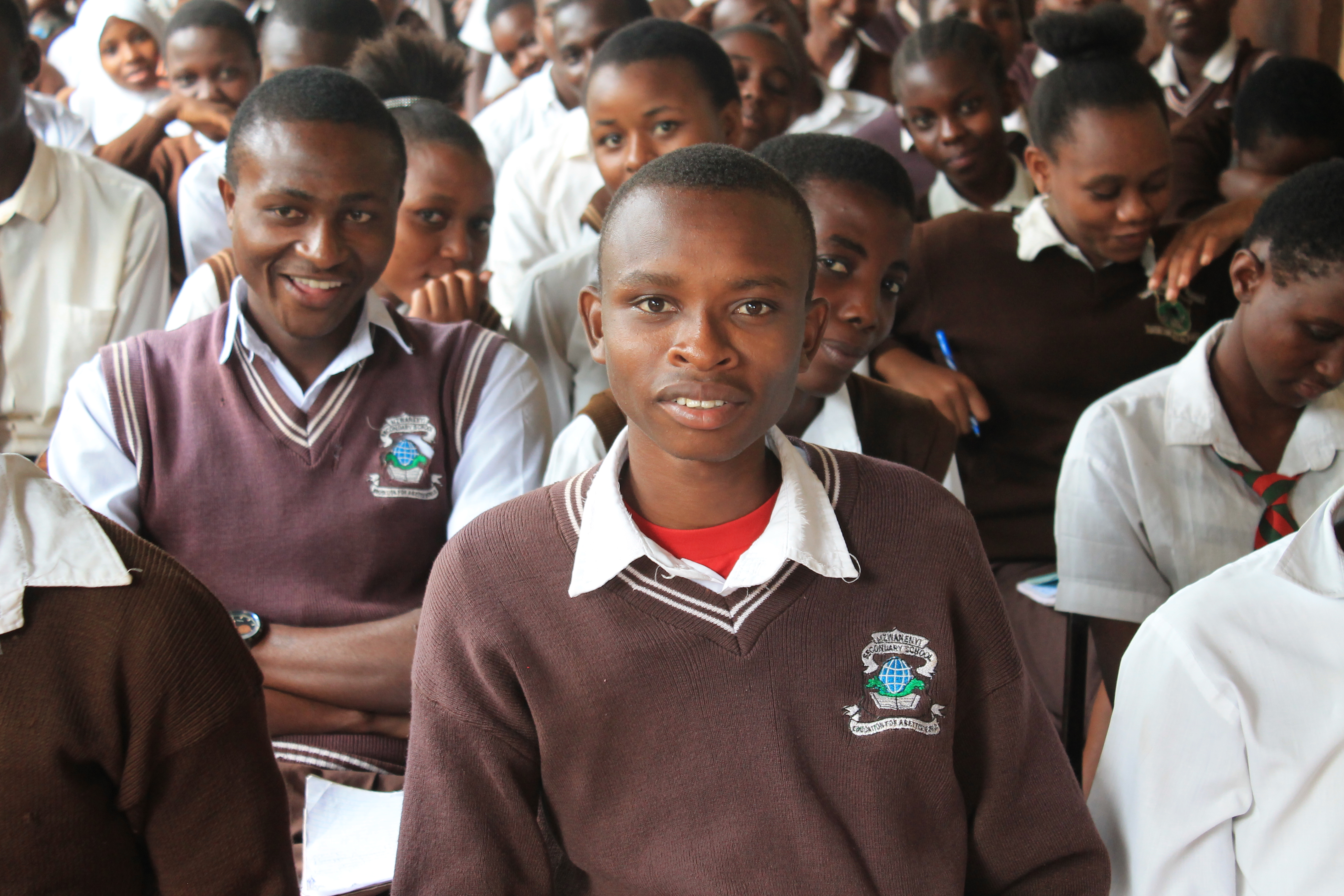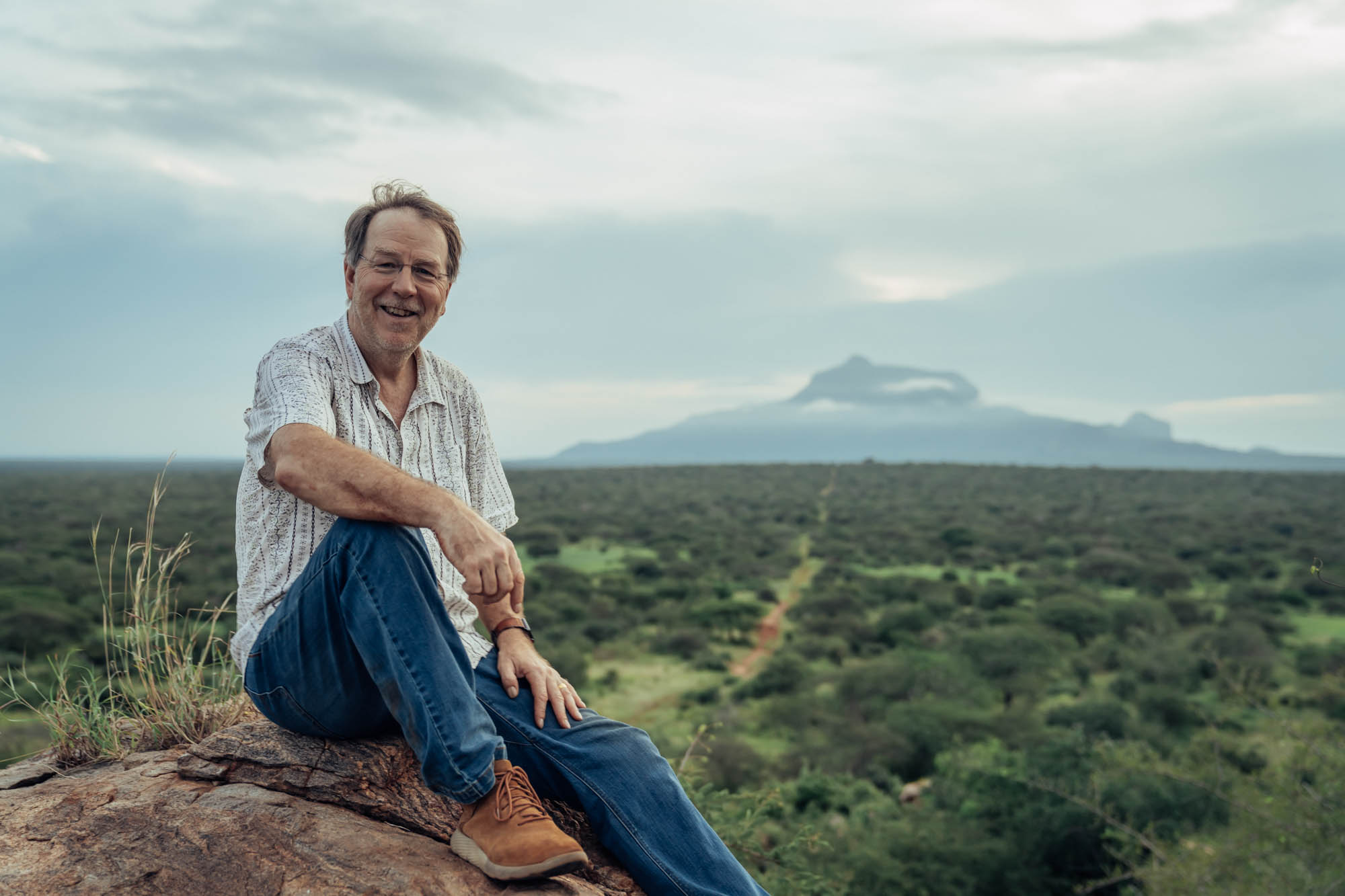-
A Journey into REDD+: Wildlife Works Kasigau Corridor REDD+ Project, Kenya
By Rachel O’Reilly, part of the Wildlife Works Carbon Business Development team This October, I was assigned to visit our REDD+ (Reducing Emissions from Deforestation and Degradation) project in Kenya to document the essence of the project through imagery with world-renowned “cause-related” photographer, Lisa Kristine. Lisa’s work is focused on the vast diversity and hardships of humanity, resulting in photos that connect audiences to the dignity that exists in us all, regardless of the conditions. The Wildlife Works Kasigau Corridor REDD+ project is located between Tsavo East and Tsavo West National Parks in Kenya. It acts as a vital wildlife corridor for a fantastic diversity of over 50 species of large mammals,…
-
Students from Marungu Secondary School take a walk on the wildlife side
Part of Wildlife Works’ community enrichment strategy includes ensuring that underprivileged students get a chance to view their beautiful ecosystems and see wildlife in their natural habitat. Students in rural areas do not enjoy the comforts and opportunities that the more privileged students in urban areas regularly experience. The schools surrounding Rukinga, including the Marungu Secondary School, are located almost two hours inland from Mombasa, deep in the Kenyan bush. Students at Marungu are boarded for four years, and many of them never get the opportunity to travel or visit the most picturesque parts of Kenya. Last month, the Wildlife Works’ Human Resources Department organized a group of 30 Form…
-
Grace Wanjala: Sewing her own future
Grace Wanjala began school as a young girl, but was forced to abandon her studies at age 14, due to a lack of funding. Grace, now 22 years old, remembered putting away her school uniform at Class Eight, knowing in the back of her mind that she would never put it on again. This was a real blow for the young girl, but Grace had no one to pay her school fees expect for her father who had lost his job. Grace accepted her situation and tried to make the best of it. Regardless of the setbacks, Grace had hope that there would still be a great future for her…
-
Not a drop to drink: Building water tanks in arid lands
For the people of the Kasigau area where our Rukinga Wildlife Sanctuary is located, a normal day involves walking many miles to collect or purchase clean water. With urbanization and changes in lifestyles, water consumption is increasing at a tremendous rate. Kasigau is considered an ASAL (arid and semi-arid land), where water shortages are the norm. The lack of clean water leads to unhealthy living situations, forcing humans and wildlife to drink contaminated water, which can lead to water-born diseases. Our conservation strategy that falls under the REDD (Reducing Emissions from Deforestation and forest Degradation) carbon offset marketplace includes the implementation of community improvement projects that aim to ameliorate these…

